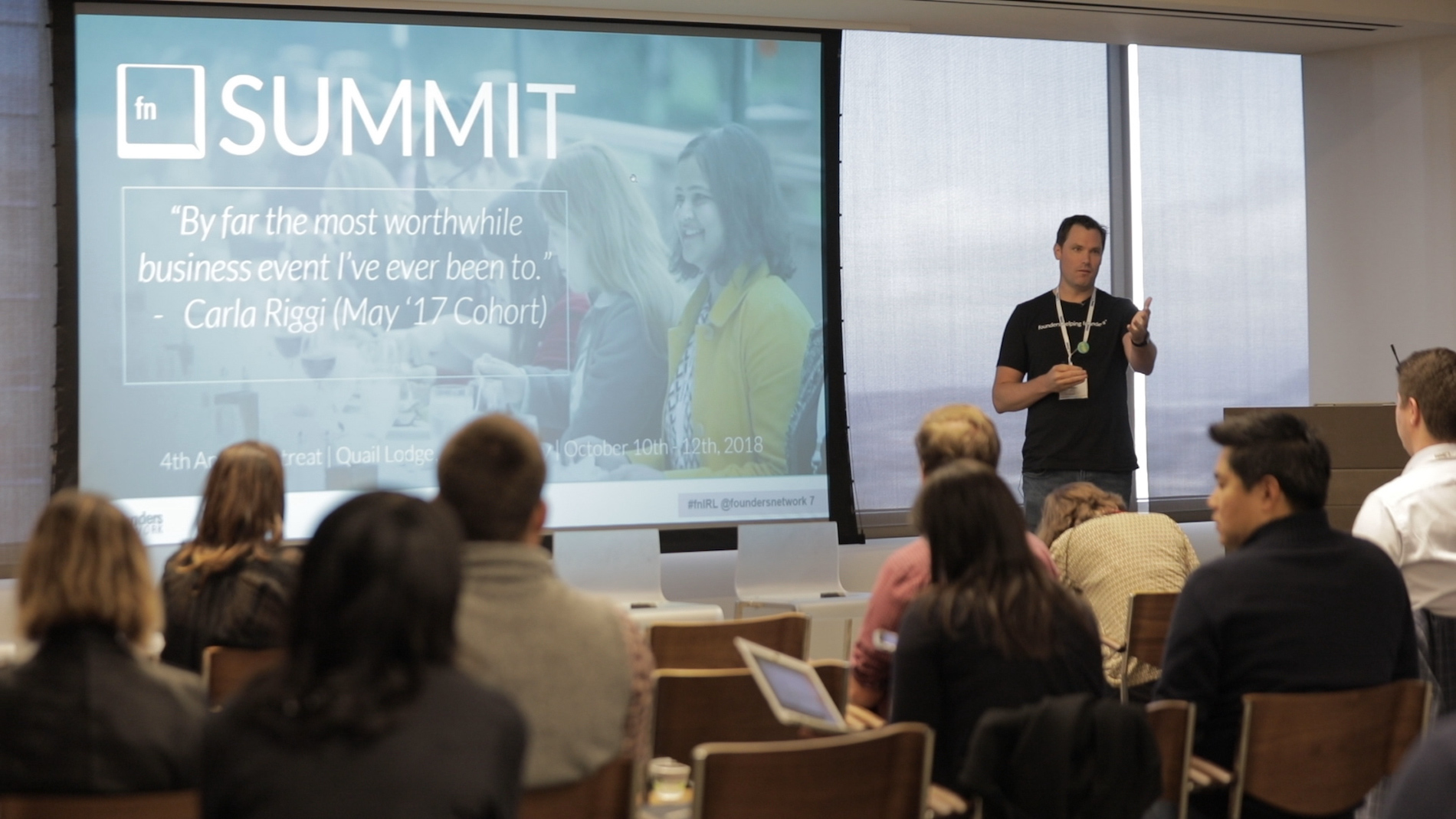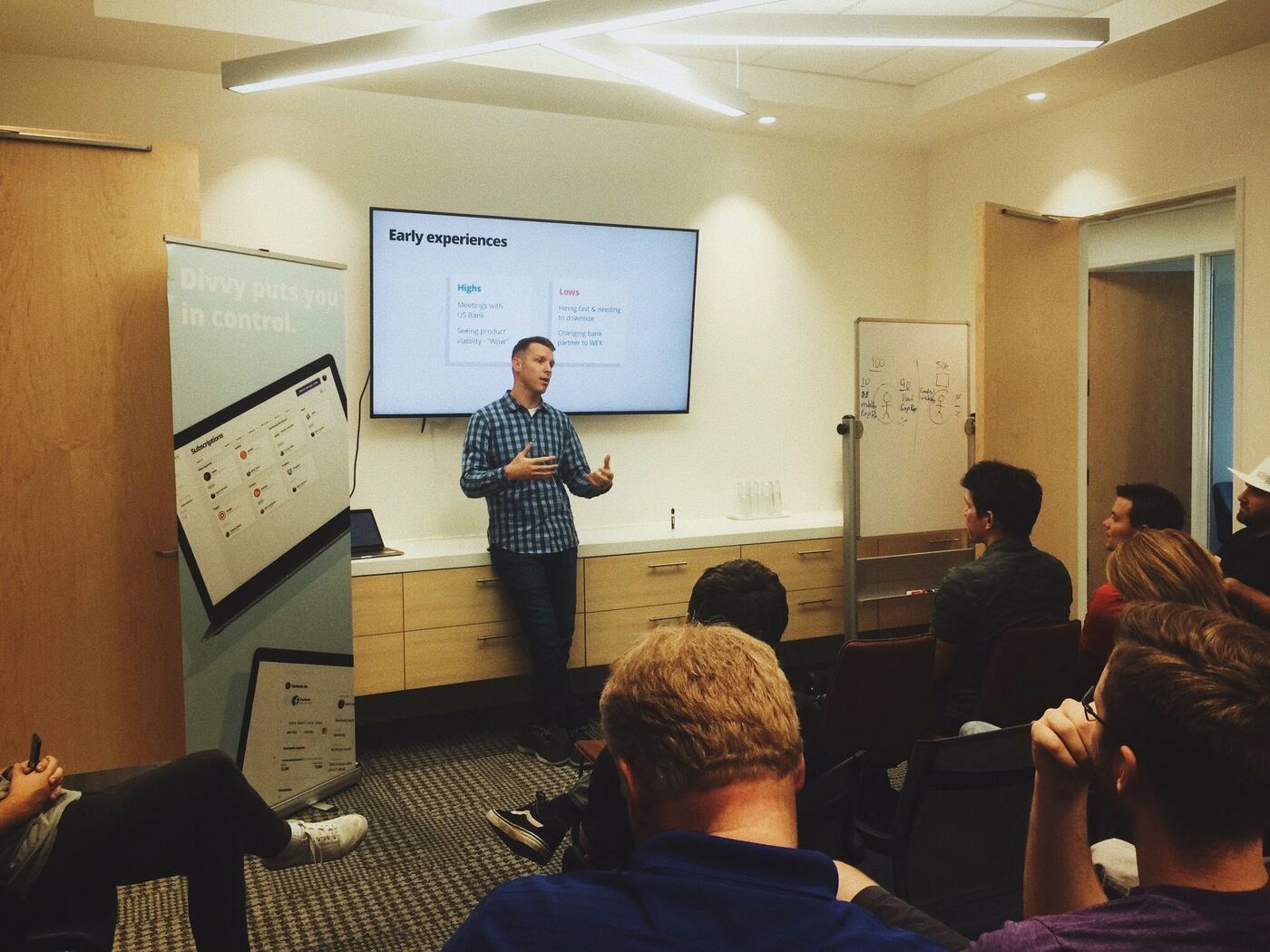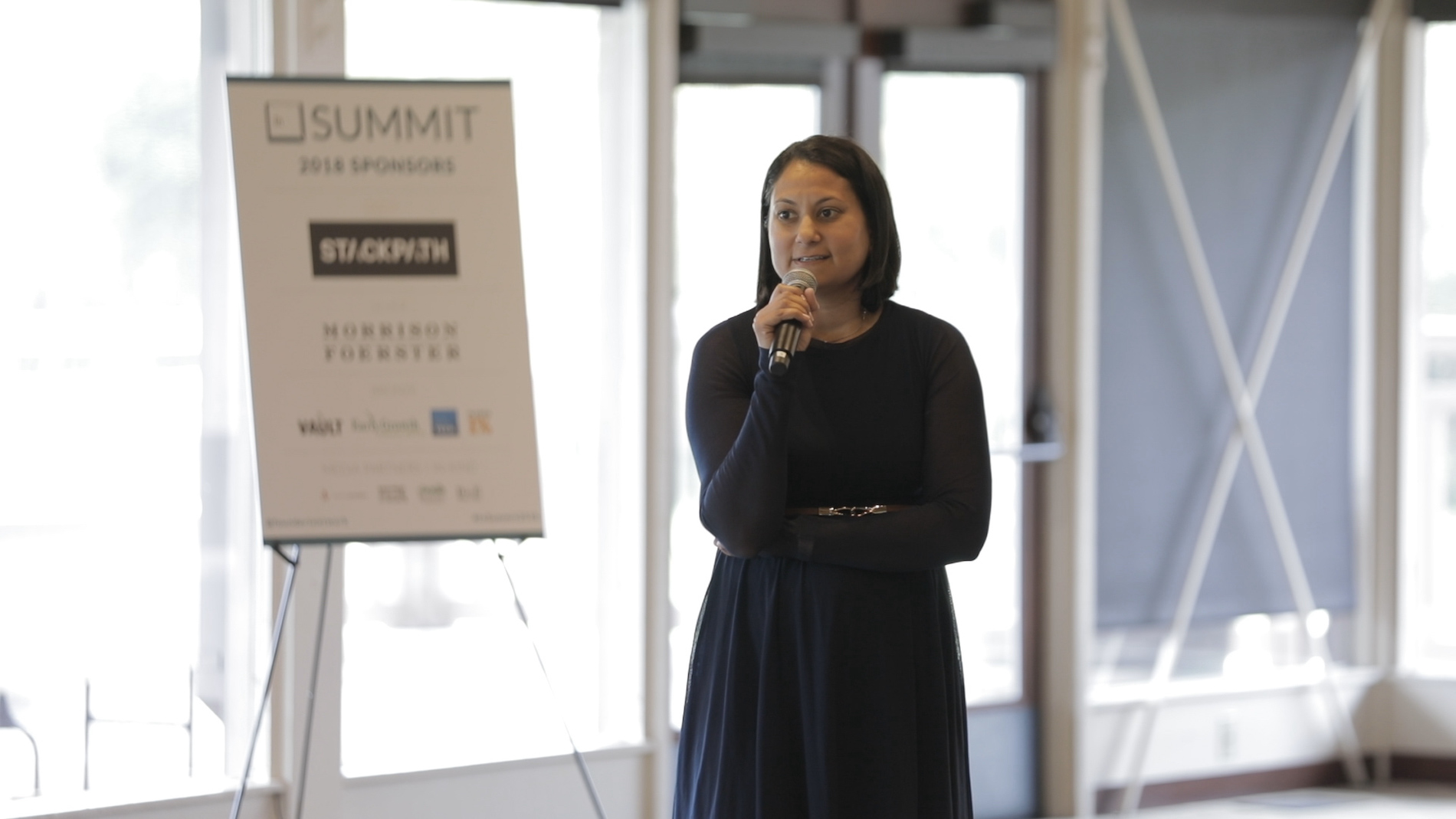
Passion is a key ingredient in startup success, but according to serial entrepreneur Murli Thirumale, it plays a smaller part than many think. “What is truly important for a founder is not passion, but the ability to be your own worst critic. You have to constantly evaluate your own ideas while selling them to the public.”
Thirumale, presented the leading keynote speech at fnSummit 2021, developed this theory through years of creating highly successful companies. He is the co-founder and CEO of cloud-native storage solution Portworx, which was recently acquired by PureStorage for $370M, and was previously co-founder and CEO of Ocarina Networks, which was acquired by Dell in 2010 and co-founder and CEO of Net6 which was acquired by Citrix.
“Validate, validate, validate the market opportunity before you found your company. This is the most critical piece of the puzzle.” - @PureStorage Share on X
Selling first with the SDBS system
Thirumale attributes his career wins to a system he calls “SdbS,” for sell, design, build and scale. Unlike the conventional founder route – which often begins with a design, followed by pitching to VCs – Thirumale and his team start with extensive customer interaction. They choose three potential product ideas, build prototypes that are as close to a proof of concept as possible, and then shop them to 25 to 30 customer prospects and thought leaders – not VCs.
According to Thirumale, a VC’s willingness to invest doesn’t always line up with market success. “It’s much easier for an entrepreneur to get money from a VC than it is to get money from a customer. A customer is not in the business of giving you their money; they’re in the business of hanging on to their money,” he says.
“What is truly important for a founder is not passion, but the ability to be your own worst critic. You have to constantly evaluate your own ideas while selling them to the public.” - @PureStorage Share on XThe American Idol of founding
Instead of getting an early start in the race for funding, Thirumale suggests that entrepreneurs pretend their product exists and note how real people react. Do they resonate with the value proposition? “You need to focus on what the customer needs, not what you, as a founder, might like,” he explains.
This is different from conventional customer validation. Thirumale has observed that founders often become fixated on one concept and are unable to look at the market objectively. What may begin as authentic market research becomes a way for people to rationalize the decision they already made.
Brutal honesty is necessary. “I call it the American Idol of founding. You let several ideas compete against each other. You can’t just fall in love with your own idea.”
The ideas generated through early customer interaction lead to robust funding, with VCs often choosing to fund solutions about which customers are already enthusiastic. “Most of our Series A pitches have been audio clips from customer calls. We just show the customer describing their pain point and then present our product’s value proposition with the customer’s positive response.” Thirumale says.
Product design and scaling also develop naturally out of the initial sales pitch, with iterations of the product constantly responding to ongoing customer feedback.
“It’s much easier for an entrepreneur to get money from a VC than to get money from a customer. A customer is not in the business of giving you their money; they're in the business of hanging on to their money.” - @PureStorage Share on XA new way of taking risks
Thirumale is not a risk evangelist, preferring calculated risks to gambles. “You want to take an execution risk, not a market risk,” he insists. While founders can control execution by “being awesome,” the only way to conquer the market is by giving customers what they want. When companies lean too heavily on passion, the result is plenty of product pivots and a general lack of direction.
Thirumale suggests another route: “When you hit a speed bump, sometimes the team will push the car. Sometimes VCs can help you by providing enough capital, but you know, what will always get you over a speed bump? A customer pulling you from the other end.”
Check out the FULL video from the webinar or to learn more about Founders Network see if you qualify for membership






